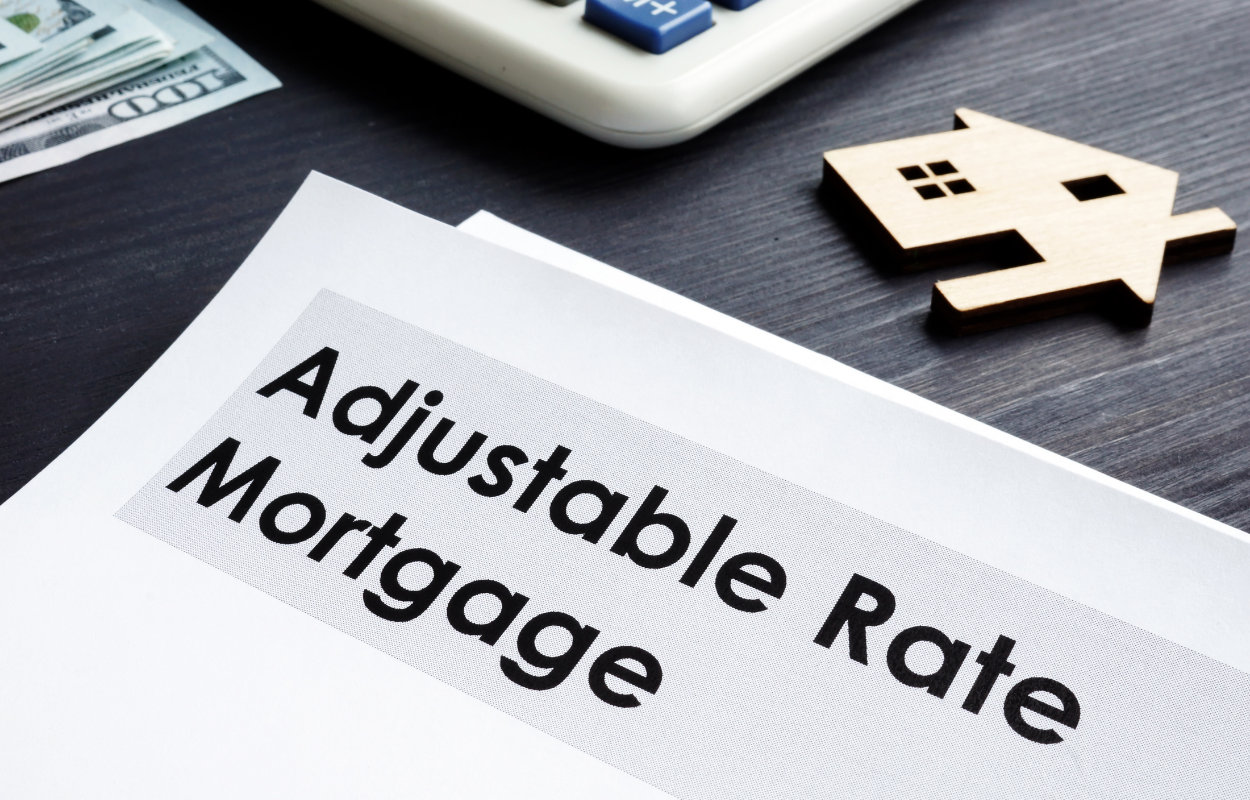What’s Ahead For Mortgage Rates This Week – May 16, 2022
 Last week’s economic reporting included readings and forecasts on inflation and the University of Michigan’s preliminary consumer sentiment survey. Weekly readings on mortgage rates and jobless claims were also released.
Last week’s economic reporting included readings and forecasts on inflation and the University of Michigan’s preliminary consumer sentiment survey. Weekly readings on mortgage rates and jobless claims were also released.
Inflation Reports: Mixed Results for April
Commerce Department readings on consumer inflation showed mixed results in April; the Consumer Price Index dropped to 0.30 percent growth from the March reading of 1.20 percent inflation. Analysts expected 0.30 percent growth from March to April. The Core Consumer Price Index, which excludes volatile food and fuel sectors, rose by 0.60 percent in April as compared to the March reading of 0.30 percent growth. Analysts expected April’s reading for the Core Consumer Price Index to rise by 0.40 percent.
Year-over-year inflation dipped to 8.30 percent in April as compared to the March reading of 8.50 percent. This was the first decline in eight months and was caused by lower fuel prices. Analysts expected a year-over-year inflation rate of 8.10 percent for April. The year-over-year reading for the Core CPI, which excludes food and fuel sectors, showed 6.20 percent growth as compared to the March reading of 6.40 percent. The University of Michigan forecasted an inflation rate of 3.00 percent in the next five years.
Mortgage Rates, Jobless Claims Mixed
Freddie Mac reported higher average mortgage rates last week as the rate for 30-year fixed-rate mortgages rose by three basis points to 5.30 percent; the average rate for 15-year fixed-rate mortgages fell by four basis points to 4.48 percent. The average rate for 5/1 adjustable-rate mortgages rose by two basis points to 3.98 percent. Discount points averaged 0.90 percent for fixed-rate mortgages and 0.30 percent for 5/1 adjustable-rate mortgages.
First-time jobless claims rose to 203,000 new claims filed last week as compared to 202,000 initial claims filed in the prior week. Continuing jobless claims were lower last week with 1.34 million ongoing claims filed; 1.39 million claims were filed during the prior week.
The University of Michigan released the preliminary edition of its Consumer Sentiment Index for May; consumer sentiment dropped to an index reading of 59.10 percent for May as compared to April’s reading of 65.20 percent. The war in Ukraine and high fuel prices continued to contribute to consumer skepticism about current economic conditions.
What’s Ahead
This week’s scheduled economic reports include homebuilder readings on housing market conditions, Commerce Department reports on building permits issued and housing starts are also scheduled. The National Association of Realtors® will release data on sales of previously-owned single-family homes. Weekly readings on mortgage rates and jobless claims will also be released.

 Many people are wondering what type of home loan is right for them, and one of the options is an ARM loan. This is an adjustable-rate mortgage. Typically, the rate is fixed for a certain amount of time, but it can change after that. Adjustable-rate mortgages will vary depending on the market. Is an ARM a smart loan option? There are some situations where an ARM loan can be helpful, but people need to be careful with them.
Many people are wondering what type of home loan is right for them, and one of the options is an ARM loan. This is an adjustable-rate mortgage. Typically, the rate is fixed for a certain amount of time, but it can change after that. Adjustable-rate mortgages will vary depending on the market. Is an ARM a smart loan option? There are some situations where an ARM loan can be helpful, but people need to be careful with them. Last week’s scheduled economic reports included readings on construction spending, the Federal Reserve’s Federal Open Market Committee statement, and the Fed Chair’s press conference. Readings on public and private-sector jobs growth and the national unemployment rate were released along with weekly readings on mortgage rates and jobless claims.
Last week’s scheduled economic reports included readings on construction spending, the Federal Reserve’s Federal Open Market Committee statement, and the Fed Chair’s press conference. Readings on public and private-sector jobs growth and the national unemployment rate were released along with weekly readings on mortgage rates and jobless claims.